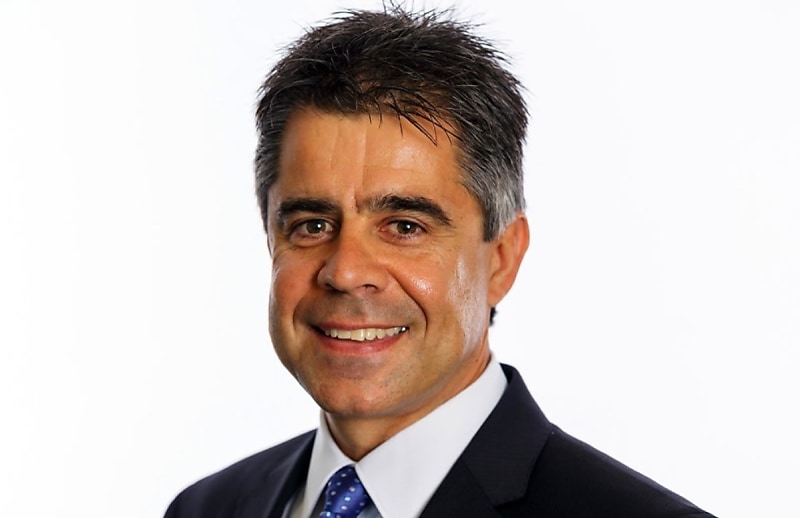The SMSF sector will be watching the budget closely next week to see if the proposed super tax will produce $2 billion revenue forecast at the announcement in February.
SMSF Association chief executive Peter Burgess said if the figure was unchanged, that meant the government would go ahead with its plan to tax unrealised gains.
“In the scheme of things $2 billion is not a lot of money but the point of the proposal was to make the superannuation system more equitable, which in its current form it will not,” he said.
His comments followed those of a former senior Treasury official, Terry O'Brien, who said the super tax would fail to raise the revenue projected because those with high balances were already redistributing their assets to avoid the tax.
“[The] measures are poorly justified by reference to a small number of large super balances, cited without information about how long ago those balances were initiated with large deposits, how much of those balances today are the returns to compound growth over decades, and whether any such large balances could be created today,” Mr O'Brien told The Australian.
He said after years of encouraging people to invest in their super, the policy would “destroy confidence in superannuation saving, and should be avoided by grandfathering”.
“Being unindexed, the $3 million trigger damages confidence even among savers not presently near or over the trigger,” Mr O'Brien said.
“If the measures proceed, the trigger should be indexed, at the least like the Transfer Balance Cap is indexed. There is now a shambles of different indexation rates for some key savings and retirement income parameters, coupled with failures to index others.
“It is misleading to claim that, ‘By 2025–26, the changes are expected to apply to less than 80,000 people, meaning that more than 99.5 per cent of individuals with a superannuation account will be unaffected’.”
He said ministers had already acknowledged that significantly higher percentages would be subject to the tax in future as a result of the compound growth of savings balances.
“It is laughable to claim that not indexing key parameters ‘provides certainty for people when arranging their tax and financial affairs’,” Mr O'Brien said.
“For those who have reached a condition for release of super funds, the measures as outlined in the consultation paper would likely trigger an exodus of savings near or over the $3 million cap before 1 July 2025, and thus raise little revenue.
“This is because accruals taxing of capital gains within super without discount yields effective tax rates above what many would face if capital gains were made outside of super and taxed with 50 per cent discount only on realisation, under general tax principles.
“Savers also have the option of moving income caught under the proposed measures into their tax-free principal residence.
“The government should take its proposals back to the drawing board. With the measures yet to be put to Parliament and not scheduled to take effect until 1 July 2025, there is plenty of time to achieve better outcomes.”
Mr Burgess said the SMSFA agreed with many of Mr O'Brien’s comments.
“It is the same thing many of us have been saying. The lack of indexation we agree with. It will capture a lot more people than they predict, and it is going to tax unrealised gains,” he said.
“This proposal creates uncertainty and will penalise those that made large contributions that they were able to make before.
“The system of model has been designed to appease the larger funds even though most of those who will be affected are SMSF members.
“It would be naive to think that those individuals who can take money out of super before will be looking to see where they can invest their money in another tax concession environment that is not as heavily taxed as super.”

 Login
Login








You are not authorised to post comments.
Comments will undergo moderation before they get published.